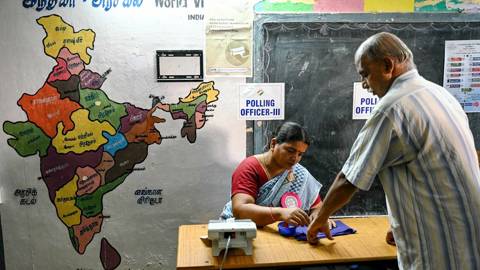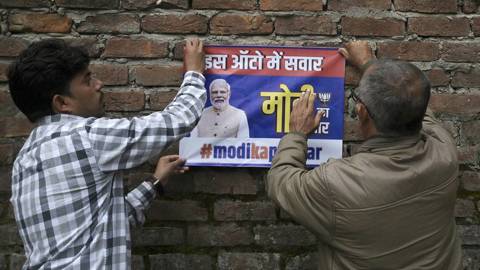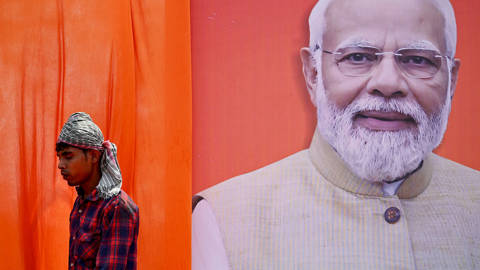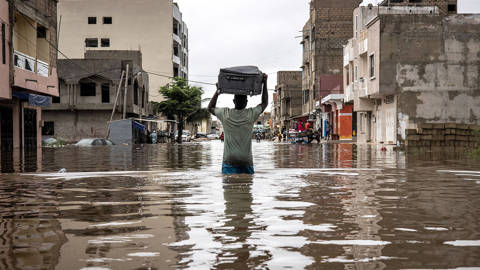Project Syndicate welcomes unsolicited submissions, representing a broad range of academic and professional fields and points of view, by qualified authors from around the world. Prospective contributors are encouraged to familiarize themselves with Project Syndicate’s offerings when considering whether their submission addresses a relevant topic.
Authors should note that Project Syndicate’s mission is to provide its member publications with original commentaries that analyze, rather than report on, current global events and trends, thereby giving deeper meaning and context to their coverage. Contributors typically have demonstrated expertise on, or related to, the topic they are addressing.
Prospective contributors should adhere to the following guidelines:
- The submission must be in English, accompanied by a brief note containing a short description of the commentary and the author’s qualifications.
- The submission must be exclusive to Project Syndicate. Submissions that have been published elsewhere in any form and in any language, in print or online, will not be considered.
- The submission should be made directly by the author or author’s staff. Public-relations representatives are requested to advise their clients accordingly.
- The ideal length of a Project Syndicate commentary is 800-900 words. Submissions should not be shorter than 700 words or exceed 1,000 words.
- Project Syndicate commentaries are aimed at a knowledgeable non-specialist audience. Submissions may not contain footnotes or endnotes, though they should include, wherever possible, links to cited data, quotes, speeches, reports, or academic research.
- The ideal Project Syndicate commentary is an intellectual argument or policy proposal intended to inform readers and broaden public debate. Project Syndicate will not consider for publication articles that do not fulfill this purpose, or that undermine it.
- Accompanying images, graphs, or figures should be at least 540 pixels wide and should be submitted in JPEG or PNG format. We prefer to create graphs in-house, so inclusion of raw data sets is recommended. We reserve the right not to use such materials.
In some cases, submissions are accepted for online-only use. These commentaries appear on Project Syndicate’s website but are not syndicated to our member publications.
Authors whose submissions have been accepted are notified as quickly as possible. All questions regarding an accepted submission should be directed to the relevant Project Syndicate editor. Authors are requested not to contact Project Syndicate’s Prague office regarding the status of an accepted submission.
Unsolicited submissions to Project Syndicate are accepted or declined at the sole discretion of the editors. Unfortunately, we cannot respond to every submission. Prospective contributors who do not receive a reply within five days should feel free to submit their manuscript elsewhere.
To submit an unsolicited commentary to Project Syndicate, please email submissions@project-syndicate.org.








